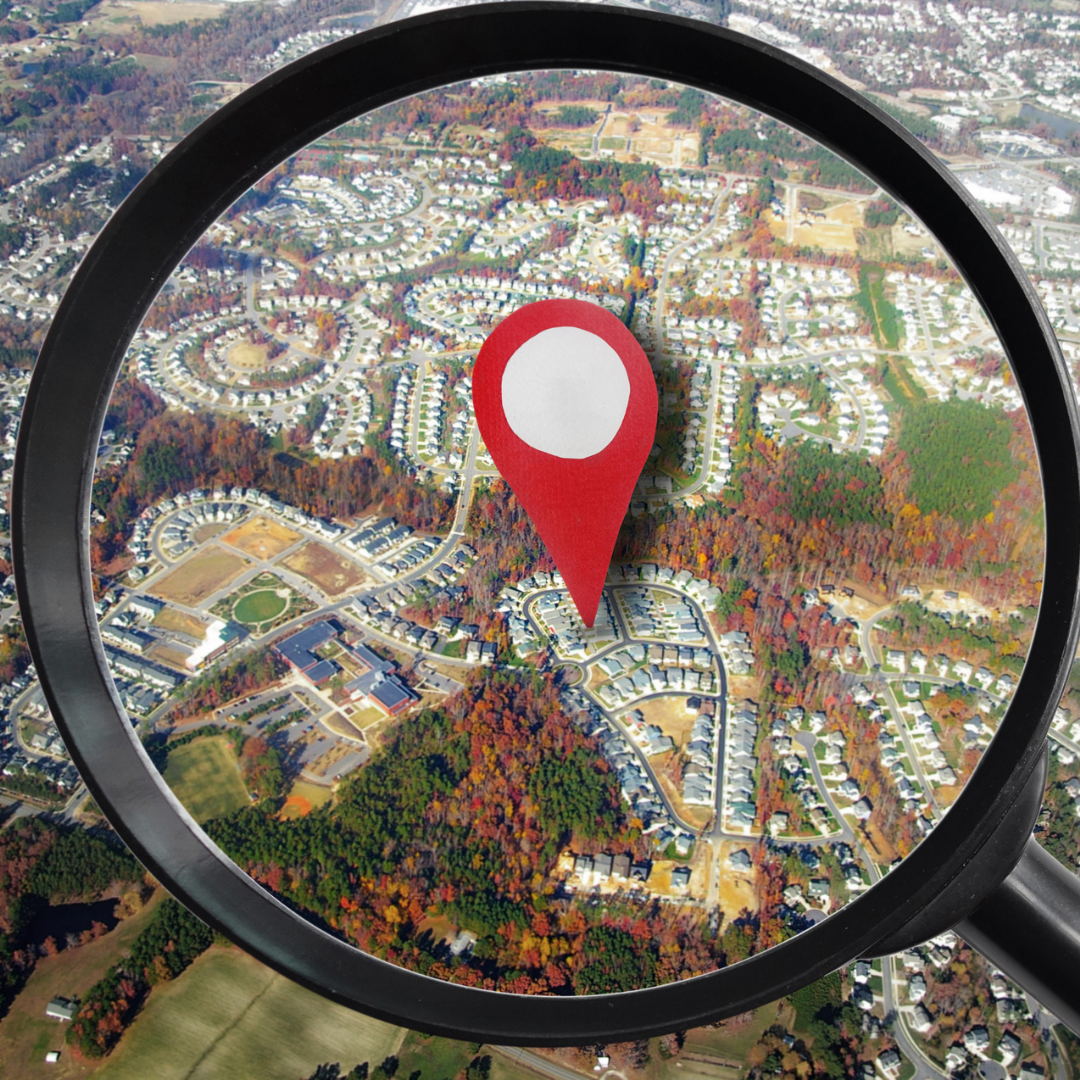Things To Know Before You Go House Hunting
So you’ve made the decision to purchase a home. The most difficult stage of the house-buying process, according to most purchasers, is finding the perfect home. But don’t be discouraged by this. You’ll locate the home of your dreams if you buckle up and stay focused.
Know Your Credit Score
First and foremost, secure a mortgage pre-qualification before going house hunting. The higher your credit score, the lower your interest rate, which means more money in your pocket.
Before you start house hunting, it’s also a good idea to speak with a couple banks to get pre-qualified for a mortgage based on your credit score. This way, you’ll have a rough idea of how much you can spend comfortably before you start.
Determine How Much You Can Afford
While it’s necessary to sit down and make a list of must-haves for your new house (especially if you’re married). It’s a bad idea to start shopping without first figuring out how much you can spend.
You’ll run the risk of falling in love with a home that will pulverize you with monthly bills! Buy a house only if you can pay cash—or if your monthly mortgage payment (including private mortgage insurance, HOA, property taxes, and homeowner’s insurance) is less than 25% of your take-home salary.
Save Money For A Downpayment
Put money aside for your down payment. If you can save less than 10–20 % house price as a down payment, the extra money you’ll pay in interest and fees will strangle your other financial goals. To avoid private mortgage insurance (PMI) for the life of the loan, we recommend a 20% down payment.
Get Preapproved For A Mortgage
Getting preapproved takes some effort up front, but it will pay dividends when you find the home of your dreams. When you submit a preapproval letter with your offer, the seller knows you’re a serious buyer who will help them sell their home fast. A 15-year fixed-rate mortgage is your best hope for avoiding extremely high interest payments over the loan’s life.
Request A Home Inspection
Home inspections are usually performed after an offer on a property is made. While homeowners are supposed to disclose any problems with the house in the disclosure document, new problems may appear during the inspection. Buyers frequently revise their offers in this situation, but it is also possible to withdraw an offer entirely if major, deal-breaking issues are discovered.
Hire a professional inspector and conduct a comprehensive inspection of the property—while it is possible to contact the sellers and request that they fund repairs once you buy the property, they have little incentive to do so, and lawsuits are generally more hassle than they’re worth.
Look For An Experienced Real Estate Agent
Finding a realtor who will work for you is the next step. If something goes wrong during the last walk-through or at the closing table, you want someone to stick up for you.
You’ll also want someone who has lived in the area for a long time, is familiar with the market, and knows how much house repairs and renovations cost. Before you get too attached to a potential house, a qualified realtor can point out issues.

 Facebook
Facebook
 X
X
 Pinterest
Pinterest
 Copy Link
Copy Link

